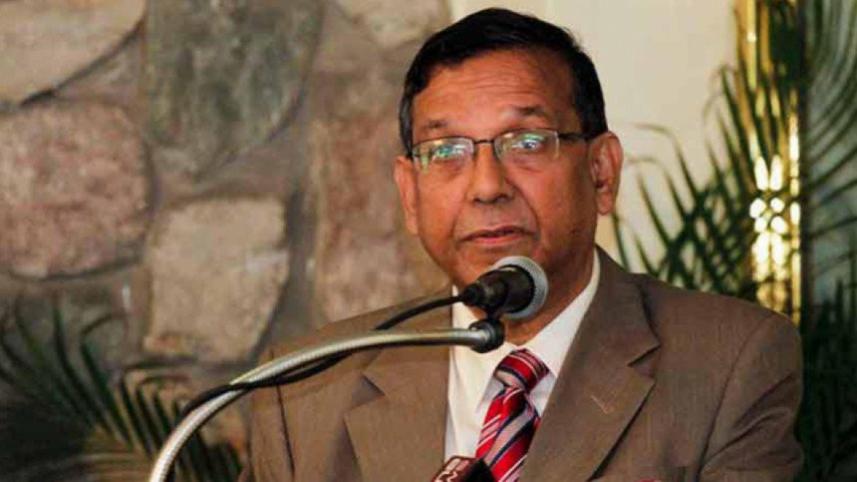Law minister’s realisation of DSA’s misuse a positive development

We appreciate the law minister for finally acknowledging the widely known fact that the Digital Security Act (DSA) has indeed been misused and abused. He has further stated that a six-member team has been formed comprising representatives from relevant ministries, including those of law, information and communication technology, and home, to address any discontent with the law. This is no doubt an encouraging development, given that since its enactment on September 19, 2018, the law has been widely misused to muzzle dissent and freedom of the press.
According to ARTICLE 19, a total of 225 cases were lodged between January and November this year under the DSA, and 68 journalists were accused in 32 of the cases. As many as 15 of the journalists prosecuted this year were arrested and subsequently jailed. The ARTICLE 19 data also revealed that 83 percent of the cases filed this year were over social media posts and online expressions of individuals. It was also mentioned in their report that the majority of the users of the law—40 percent—are individuals affiliated with the ruling party, while a third of the cases were lodged by law enforcement agencies. And 40 percent of the cases were filed against people allegedly for criticising the prime minister, ministers, members of parliament, and affiliates of the ruling party.
Earlier this year, the High Court had issued a ruling asking the government to explain why two controversial sections of the Act—Sections 25 and 31—should not be declared unconstitutional. The Editors' Council highlighted many times in the past how the controversial sections would harm the cause of independent journalism and freedom of expression. However, despite widespread criticism by journalists, civil society members, human rights organisations, as well as social media users for policing media operations, censoring content and controlling media freedom and freedom of speech and expression—guaranteed by our constitution—this is the first time that that the government has nodded to the possibility of amendment.
We hope that the committee will take into cognisance the widely documented abuses of the DSA, engage with various stakeholders affected by the law and take appropriate actions to abolish the much-criticised sections. The government must also come up with a plan to compensate the victims of the misuse of the law.
Furthermore, we welcome the assurance of the minister that police stations have been asked not to arrest any journalist immediately after a case is filed against him or her, given that 166 people—many of whom were journalists—have been arrested under the Act immediately after the cases were filed this year alone.
It is high time that we put this repressive and black law behind us. We hope that the minister's statements are not mere rhetoric but rather the promise of a Bangladesh that values and nurtures freedom of expression.



 For all latest news, follow The Daily Star's Google News channel.
For all latest news, follow The Daily Star's Google News channel.
Comments